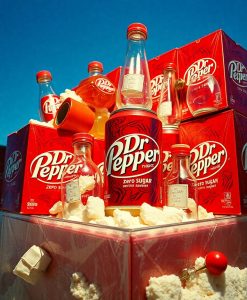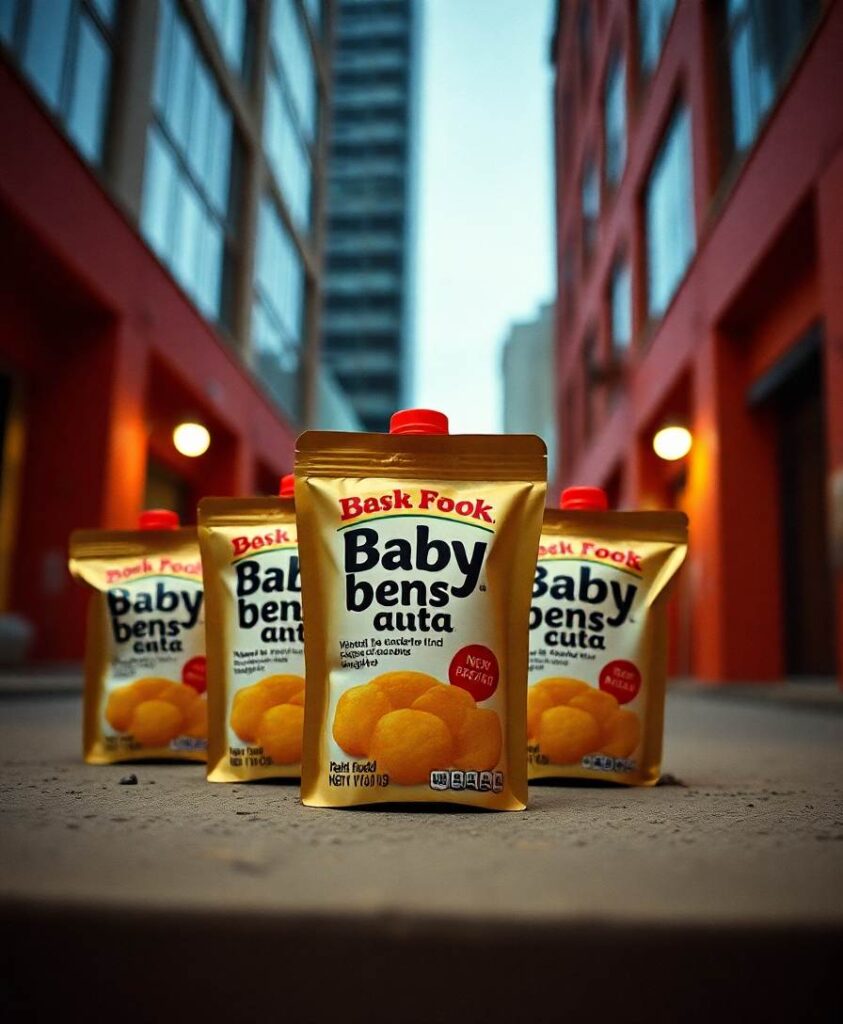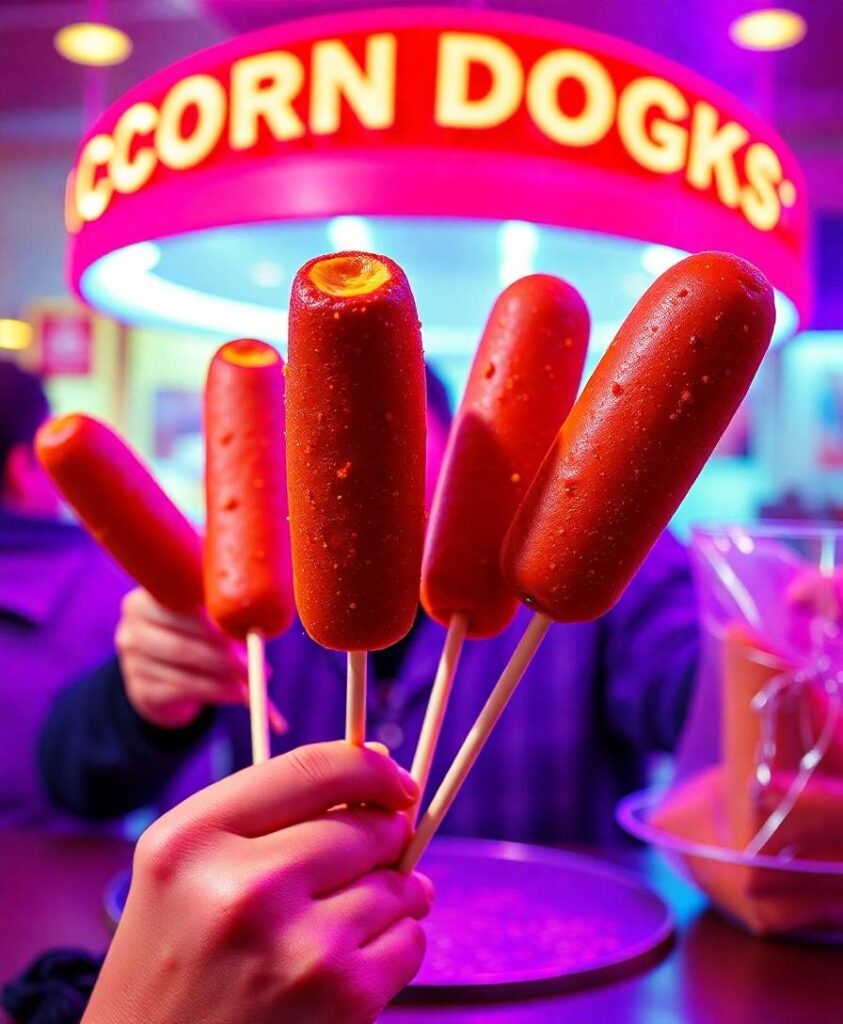Holding a can of your favorite soda can be a moment of simple pleasure — a crisp sound when you open it, the fizz tickling your nose, the sweet, familiar taste. But what if that experience is not quite what it seems? If you’ve recently reached for a can of Dr. Pepper Zero Sugar, you might have unknowingly been drinking a soda with a different story behind it than you expected.
Many of us seek out zero sugar options as a way to enjoy a favorite treat without the guilt or the spike in blood sugar. We trust that the label means what it says, especially when it’s a product from a well-known brand. But recent news reveals that some cans of Dr. Pepper Zero Sugar, sold in 12 and 24-pack cases, have been mislabelled, containing full sugar instead of the promised zero sugar content. More than 19,000 cases have been affected in this recall, raising questions about how we interpret product labels and how that impacts our health choices.
How can a soda that tastes like zero sugar actually contain sugar?
The answer lies in the complex world of food labeling and manufacturing. When a product is labeled zero sugar, it’s based on specific regulations and testing, but errors can happen. In this case, cans that are supposed to be sugar-free have been found to contain actual sugar, which can be a significant concern for people managing blood sugar levels or trying to reduce sugar intake.
For individuals who are sensitive to sugar or have conditions like diabetes, this discrepancy can have real health implications. Consuming full-sugar soda thinking it’s zero sugar might lead to unexpected blood sugar spikes, feelings of guilt, or even health setbacks if they’re not aware of the change. It can also cause confusion for those who rely on these products as part of their health management routine.
What does this mean for your health and your daily choices?
This situation underscores the importance of reading labels carefully and staying informed about recalls and product issues. It’s a reminder that even trusted brands can sometimes have labeling errors, and that vigilance is part of maintaining a healthy lifestyle.
If you commonly choose zero sugar beverages to help control your sugar intake, consider checking the latest updates from the manufacturer or regulatory agencies. It might be wise to verify the contents of your favorite drinks, especially if you notice a different taste or aftereffects that don’t match your expectations. Being aware of such recalls allows you to make safer, more informed decisions about what you drink every day.

Taking control of your beverage choices in uncertain times
While the accidental inclusion of sugar in supposedly zero sugar drinks is alarming, it also highlights the power of awareness. By staying informed about product recalls and reading labels diligently, you can better navigate the complexities of food and beverage choices. For those managing health conditions, this vigilance becomes even more critical.
In a world where labels can sometimes be misleading, personal awareness and keeping up with updates from trusted sources can help you maintain confidence in your choices. Whether it’s opting for beverages with verified ingredients or simply staying informed about recalls like this one involving Dr. Pepper Zero Sugar, taking control of what you consume is a vital step toward overall well-being.
The recent recall of Dr. Pepper Zero Sugar cans, which were found to contain full sugar, is a reminder that transparency and accuracy in food labeling are essential for our health. Staying curious and cautious about what’s in your drink is part of caring for your body — because feeling good starts with knowing what you’re putting inside.
Learn More: Cases of Dr. Pepper Zero Sugar Recalled
Abstract: The Food and Drug Administration (FDA) issued a recall for Dr. Pepper Zero Sugar cans sold in 12-pack and 24-pack cases as they actually contain full sugar content. More than 19,000 of these cases have been targeted for mislabeling making them unsafe for people with…
Link: Read Full Article (External Site)


